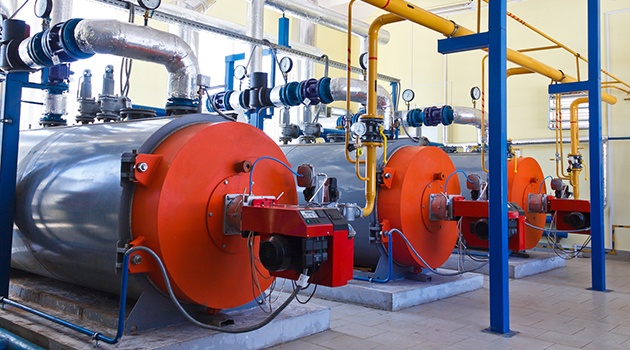
How INCONEL alloy 625 and INCONEL alloy C-276 help in pollution control and waste processing
INCONEL alloys are important products within the pollution control and waste processing industries, able to withstand some of the most extreme industrial environments.
Pollution control and waste processing is an essential industry, and one that has rigorous standards to meet. As such, the materials used in the building of new plants, or in repairing, restoring and upgrading old plants, need to be technically superior, and able to ensure the safety and longevity of the equipment.
There is an ongoing and increasing demand for systems in the industry, which in turn puts pressure on design engineers to source the very best products to withstand the harsh and aggressive conditions
High-quality alloys are required for use in power utilities, and municipal and hazardous waste management systems, where materials are subject to extreme environments. Alloys are used for many applications, including stack linings, scrubbers, boiler tubing and heat exchangers.
INCONEL alloys are often used to meet these exceptional requirements, as they are known for their reliable performance in even the most demanding situations. We take a look in more detail at two of the products that are utilised within pollution control and waste processing.
INCONEL alloy 625 is a popular material used across a wide range of industries thanks to its combination of high strength, excellent fabricability and outstanding corrosion resistance. It is this final property that is the most valuable when selecting a material for use in pollution control and waste processing.
INCONEL alloy 625 is a solid solution alloy of nickel, chromium and molybdenum, plus niobium, which work together to impart superior resistance to exceptionally severe corrosive environments. This balanced composition provides resistance to oxidising chemicals, as well as non-oxidising environments. It is also resistant to pitting and crevice corrosion, and chloride ion stress-corrosion cracking.
It can, as such, be used in applications for all kinds of waste processing. It has been recommended as a material of construction for a storage tank to handle chemical waste, for example, which may include hydrochloric and nitric acids. These two acids create opposite corrosion issues, and usually a material that protects against one form of corrosion, would be attacked by the other. INCONEL alloy 625 is unusual and exceptionally useful for being able to cope with such a broad spectrum of corrosive conditions simultaneously.
INCONEL alloy C-276 is also known for its outstanding corrosion resistance against a wide range of corrosive media, both acid and alkaline. Its makeup of nickel, chromium, molybdenum and a controlled about of tungsten makes it perfect for severely corrosive situations, such as those found in pollution control and waste processing.
In waste fluid treatment plants, INCONEL alloy C-276 is used in the most aggressive sections of the system, due to its ability to withstand multiple types of corrosion. This includes general corrosion, stress corrosion cracking, pitting and crevice corrosion, as well as exceptional resistance to sulphuric acid and hydrochloric acid.
The molybdenum content adds resistance to localised corrosion, such as pitting, whereas the low carbon content minimises carbide precipitation during welding to maintain resistance to intergranular attack.
To find out more about these alloys, and the other INCONEL alloys that Neeka Tubes supply, please visit the Grades section of the website. You can also contact our experienced Sales team to find out more about the product range.